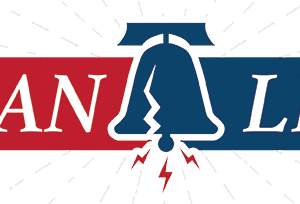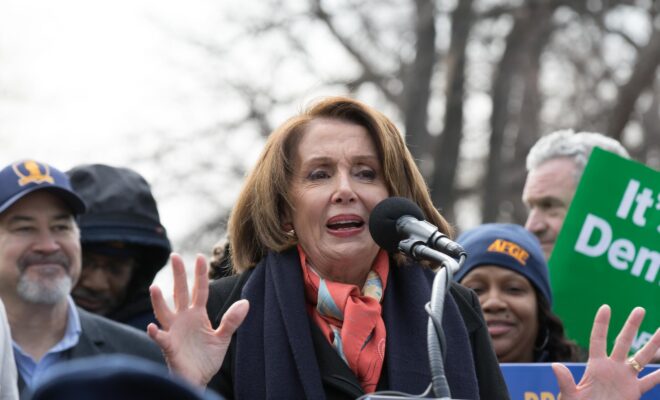Central to President Biden's planned $3.5 trillion spending increase is the belief that Congress won't raise taxes on the middle class. However, reporting from Reason magazine show how smoke and mirrors budgeting practices will affect rich, median income, and poor alike.
To pay for this round of profligate spending, the Democratic-controlled House of Representatives has included provisions in the bill's latest draft to tax tobacco products and cryptocurrency. Statistics show that poorer Americans are more likely to smoke and that millennials invest the most in cryptocurrency.
Additional analysis by the nonpartisan Joint Committee on Taxation (JCT) showed that the plan could raise taxes on people making as little as $30,000 per year by 2027. Initially, it will not raise taxes on anyone with an annual salary under $200,000. (Reason.com)
The culprit for that future tax increase is the expanded child tax credit, which the House tax plan would extend through 2025 (the JCT's report only provides estimates for every other year, so 2027 is the first child tax credit–less year included in its analysis). More accurately, the culprit is Congress' unwillingness to address the full cost of that tax credit in this bill. By promising to raise taxes later, Democrats are able to manufacture about $700 billion in “savings” that will likely never materialize.
Let's back up a little. The new JCT report shows that taxpayers earning less than $200,000 annually would see a net tax cut in 2023 under the changes that the House Ways and Means Committee unveiled earlier this week. The House Democrats' plan would shift the tax burden toward wealthier Americans next year, largely because of how Biden's proposal relies on hiking income tax rates for high earners and raising the capital gains tax rate, which is applied to investment earnings.
Skip ahead to 2027, however, and things look quite a bit different. By then, the changes House Democrats are now proposing would result in higher taxes for nearly all taxpayers—even those making as little as $30,000 per year. Middle-class Americans earning between $50,000 and $100,000 would owe, on average, several hundred dollars in additional taxes, according to the National Taxpayers Union Foundation's breakdown of the JCT's analysis.
That sudden shift in the tax burden is caused by the expiration of the newly expanded child tax credit. As part of the COVID-19 relief bill passed in March, Congress approved a one-year increase in the child tax credit from $2,000 per child annually to $3,600 per child under the age of 6 and $3,000 for those ages 6 to 17—delivered as monthly payments of $300 per child under age 6 and $250 for older kids. In the reconciliation bill, Democrats are proposing to maintain the expanded tax credit through 2025.
































